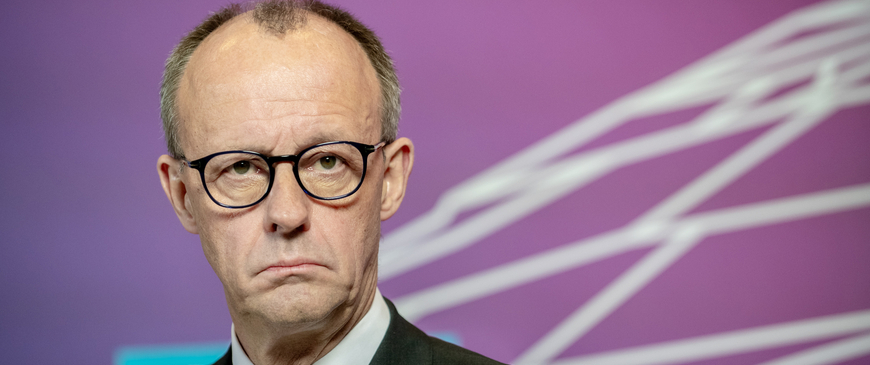
Germany may have chosen a leader but its economy still faces disaster
“There is a real risk to the government’s ability to pass difficult economic reforms, and make those really big investments in defence and infrastructure,” says Sander Tordoir, chief economist at the Centre for European Reform.
Tordoir suggested that MPs who voted against Merz may have been trying to signal their unhappiness with his “impulsive” leadership style.
“There are wider concerns about Merz’s not-very-strong grip on his party,” he says. “This blip speaks to that concern about his ability to govern effectively.”
...“The American tariffs are going to hit Germany really hard,” Tordoir says. “If Germany doesn’t manage to get demand up, get the infrastructure projects up, get the defence industry going, there’s no real stimulus until far too late. Then you are basically stuck in the stagnation scenario.”
...“I’m cautiously optimistic, in part because Germany has the fiscal space, unlike most Western economies,” Tordoir says. Germany’s debt-to-GDP ratio is 62pc, some 30 percentage points below the UK’s.
“If most of the money goes into industrial policy and infrastructure, then I don’t see why we can’t return to moderate growth.”
...“The country has had a good handle on what its problems are, but the system hasn’t had the capacity to tackle them head-on,” Tordoir says. “The fear is that we will see more theatre than action.
“The main thing is to get the money out the door, row back some of the bureaucracy, and get cracking on digitalisation.”
